
1. A Brief Introduction to Mulberries Mulberries are the fruits of the Morus tree, which belongs to the Moraceae family. There are several species of mulberries, but the most commonly consumed varieties are the red and white mulberries. These small, elongated fruits can be enjoyed fresh, dried, or in various culinary dishes.
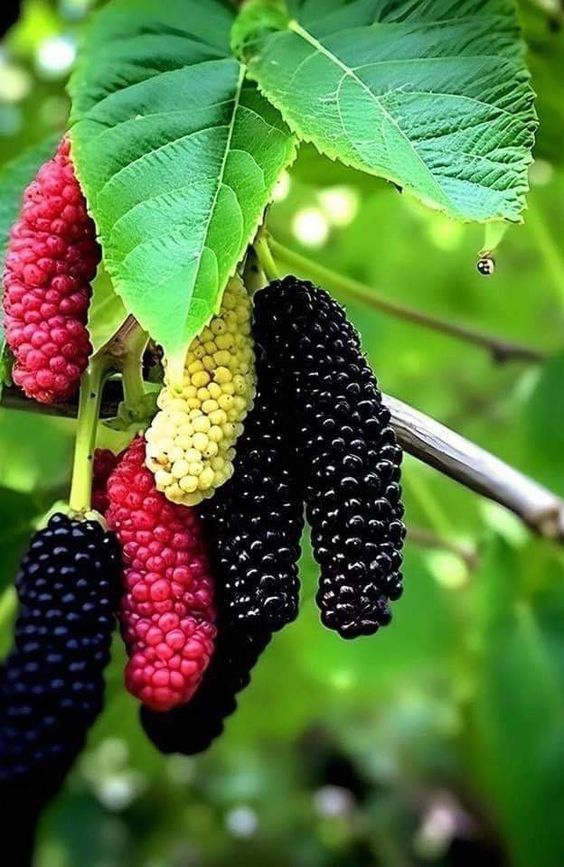
2. Historical Significance Mulberries have a rich history dating back thousands of years. In ancient times, they were cultivated in China and Persia. The silk industry, too, has deep ties to mulberries, as silkworms primarily feed on the leaves of the Morus tree. The fruit made its way along the Silk Road, eventually becoming a beloved treat in various parts of the world.
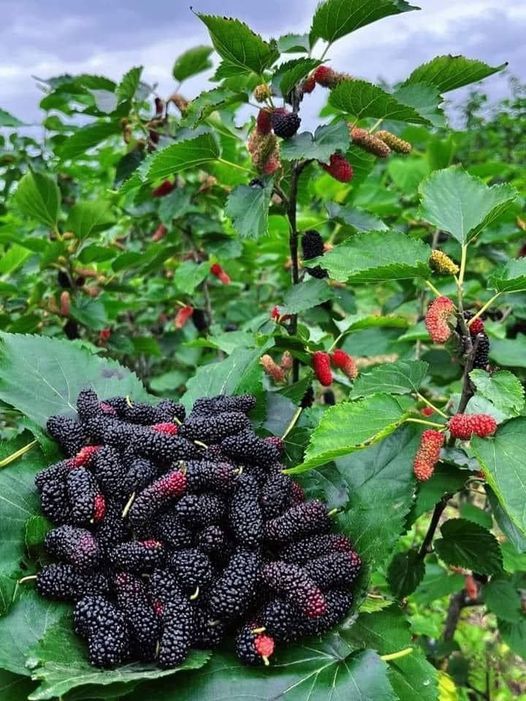
3. Culinary Uses Mulberries can be enjoyed in a variety of ways. They are often eaten fresh, like any other berry, and have a sweet-tart taste. Dried mulberries are commonly used in cereals, trail mixes, and desserts, adding a burst of flavor and nutrition. Mulberry jams, jellies, and pies are popular culinary creations, showcasing the fruit’s versatility.
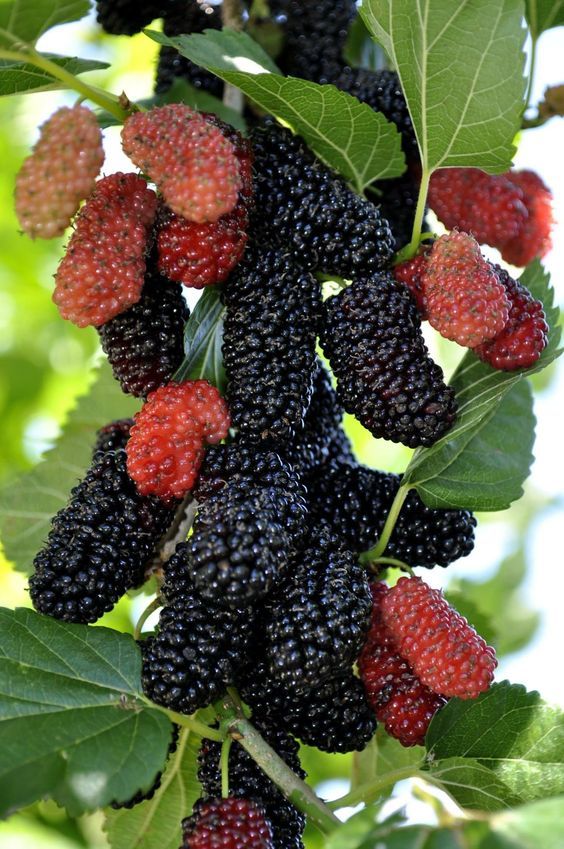
4. Nutritional Benefits Mulberries are not only delicious but also nutritious. They are a rich source of vitamin C, vitamin K, iron, potassium, and dietary fiber. Their high levels of antioxidants, including resveratrol, have been associated with potential health benefits, such as improved heart health and protection against oxidative stress.
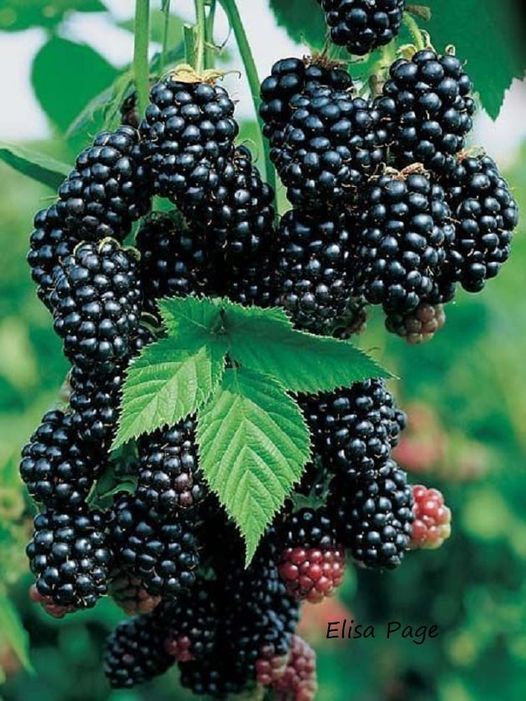
5. Health Benefits The consumption of mulberries is linked to several health benefits, including:
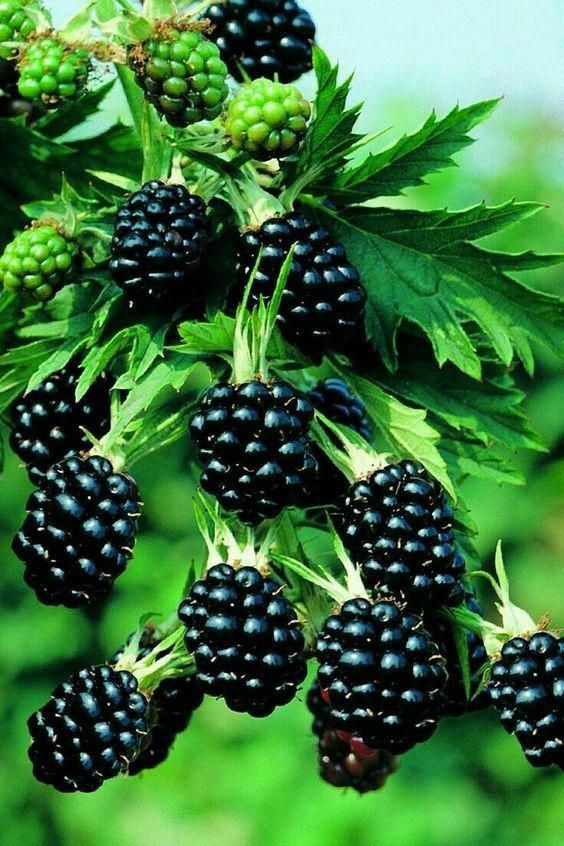
Heart Health: The resveratrol in mulberries is believed to promote heart health by reducing inflammation and improving blood vessel function.
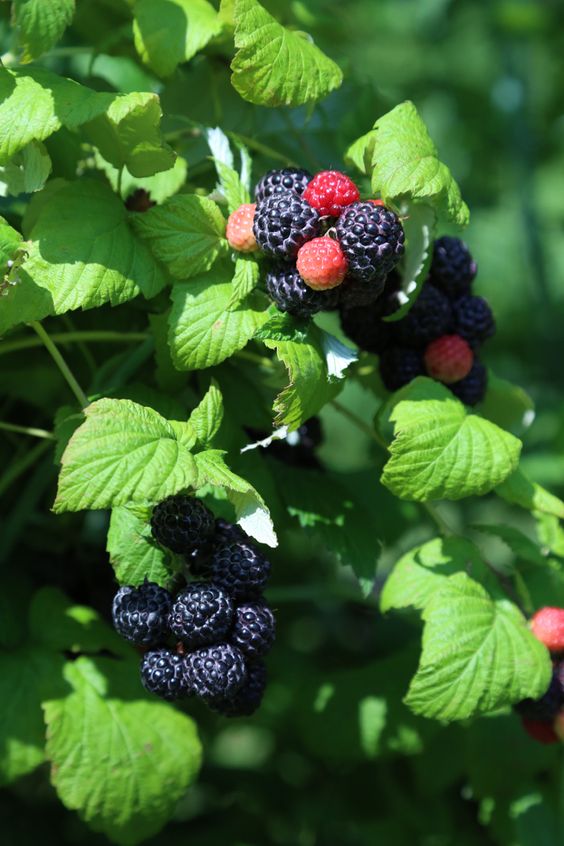
Weight Management: Mulberries boast a low-calorie content and are rich in fiber, making them a beneficial addition to weight management diets while promoting digestive health.
Blood Sugar Control: Emerging research indicates that mulberries may aid in regulating blood sugar levels, potentially offering benefits for individuals managing diabetes.
Skin Health: With its abundance of vitamin C, mulberries support collagen production, promoting healthier skin and contributing to overall skin health.
Culinary Inspiration: Mulberries serve as versatile ingredients, lending themselves to a myriad of culinary creations. From vibrant salads and refreshing smoothies to indulgent desserts and flavorful sauces, mulberries can elevate any dish. They complement well with a variety of foods, including yogurt, ice cream, cheese, poultry, and pork, adding a delightful sweet-tart flavor and a unique twist to your meals.





